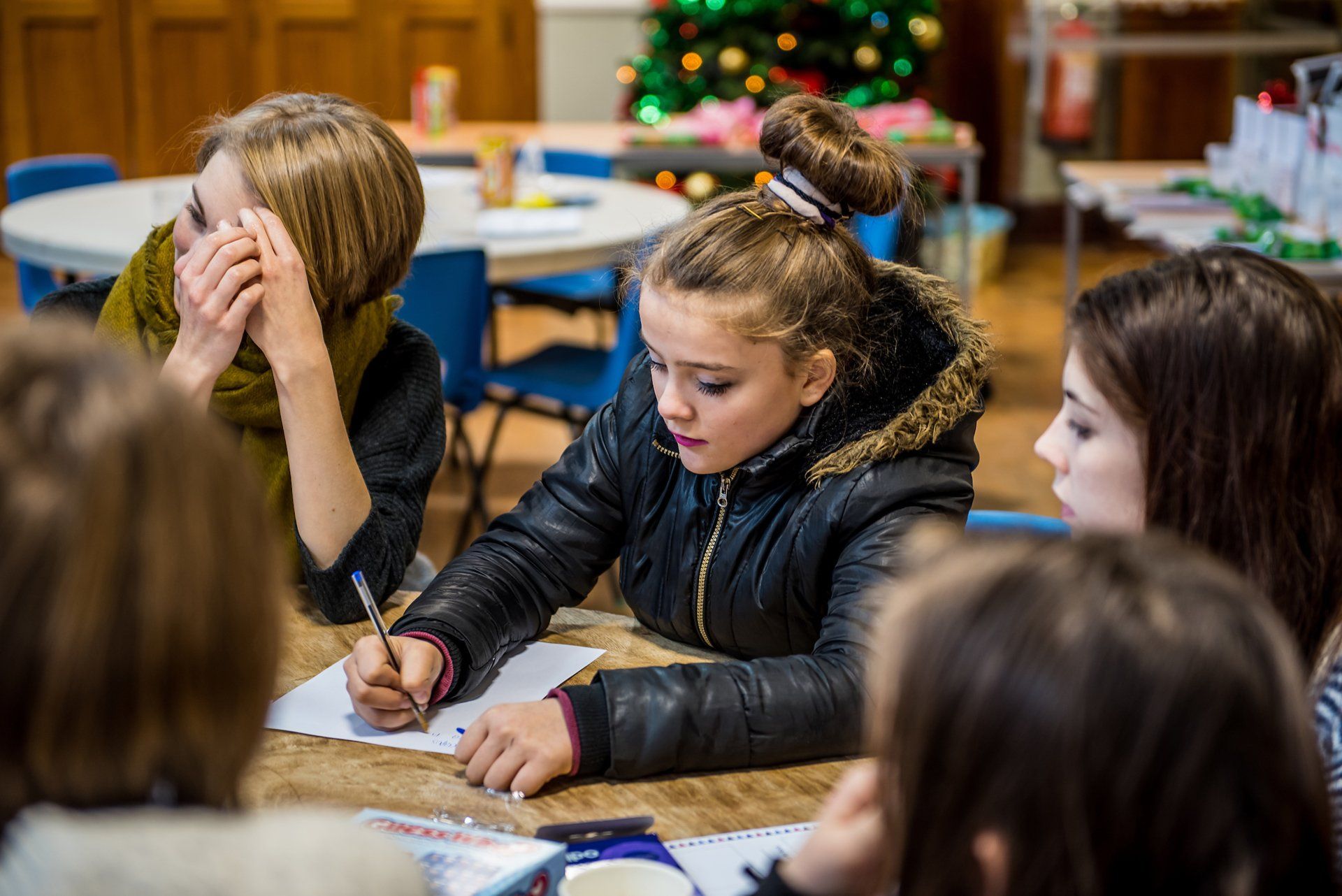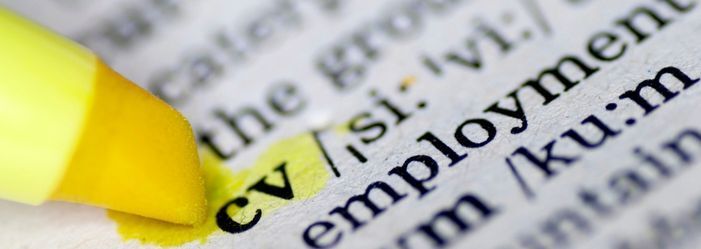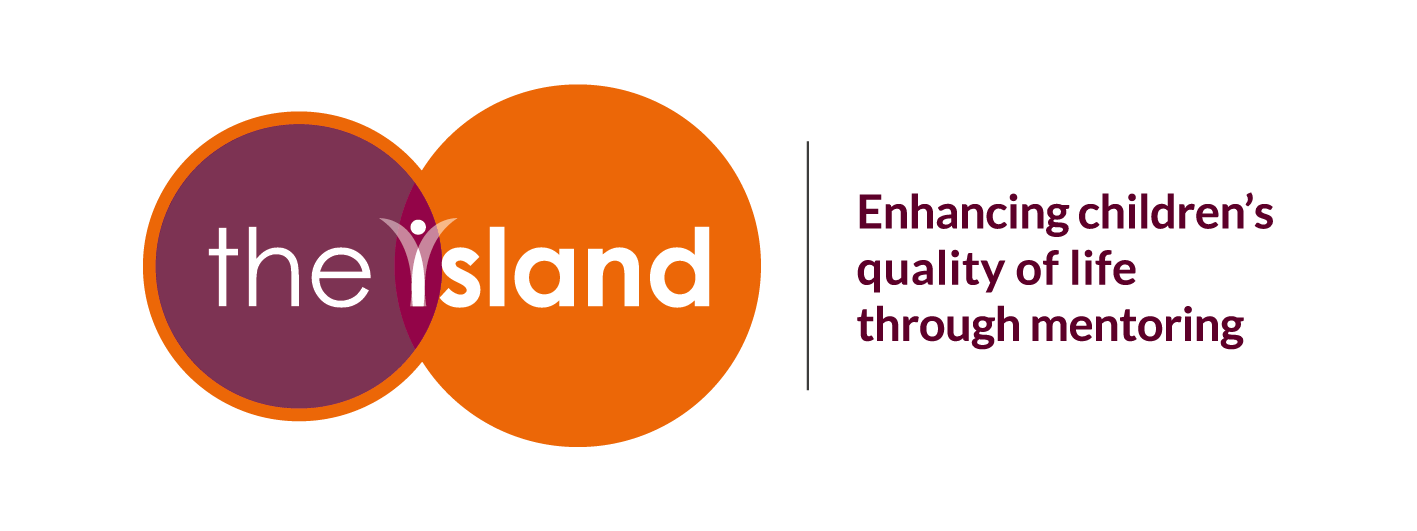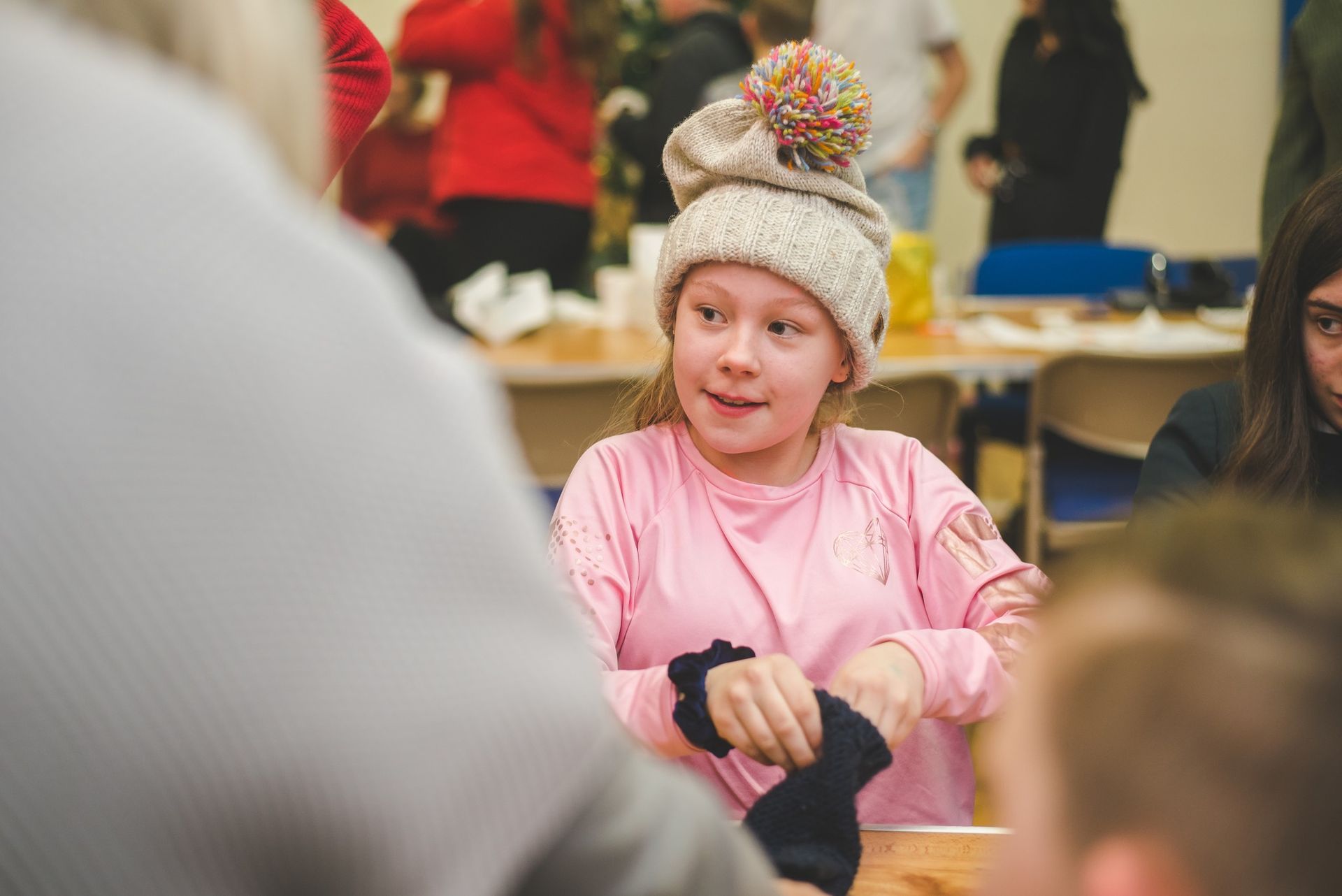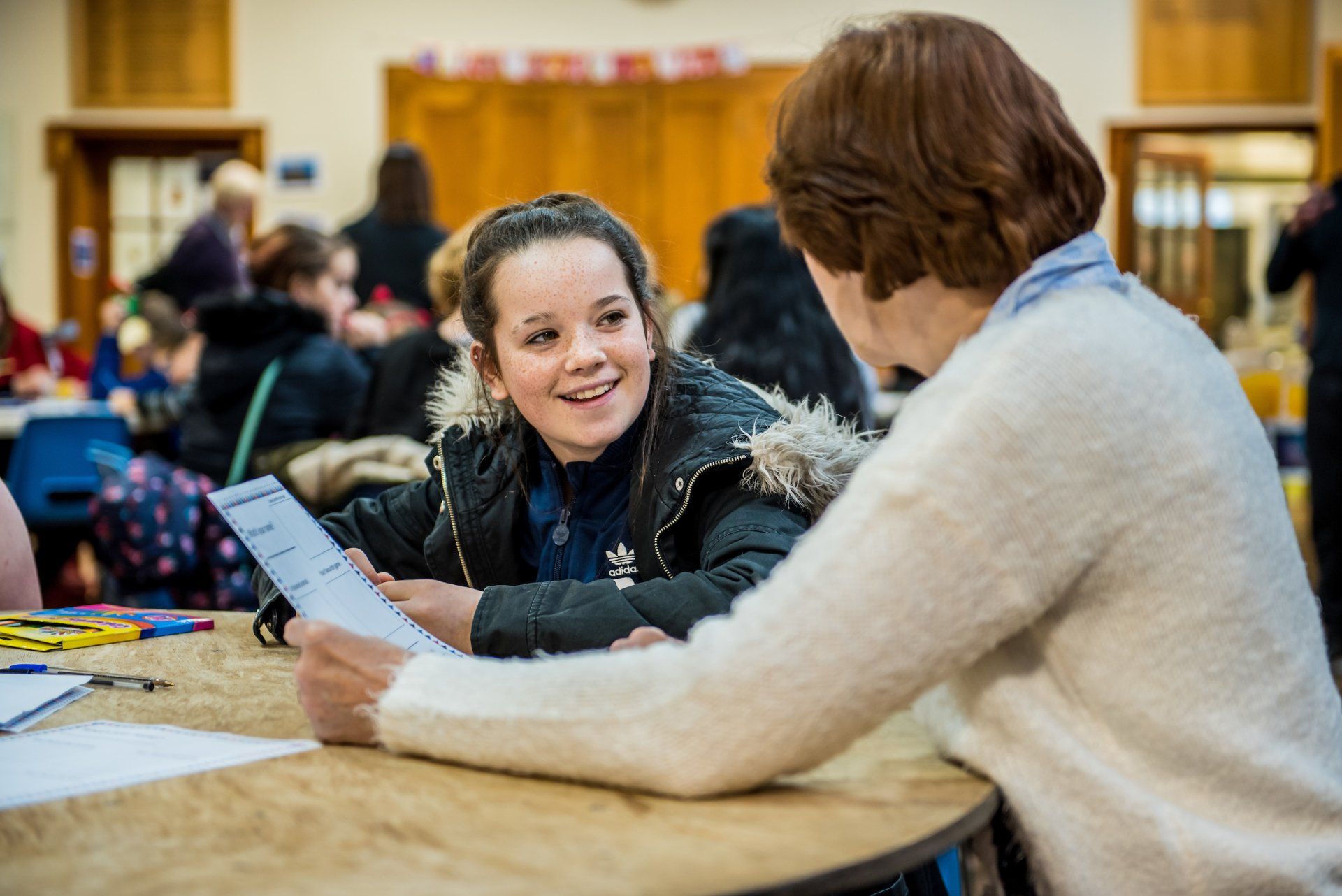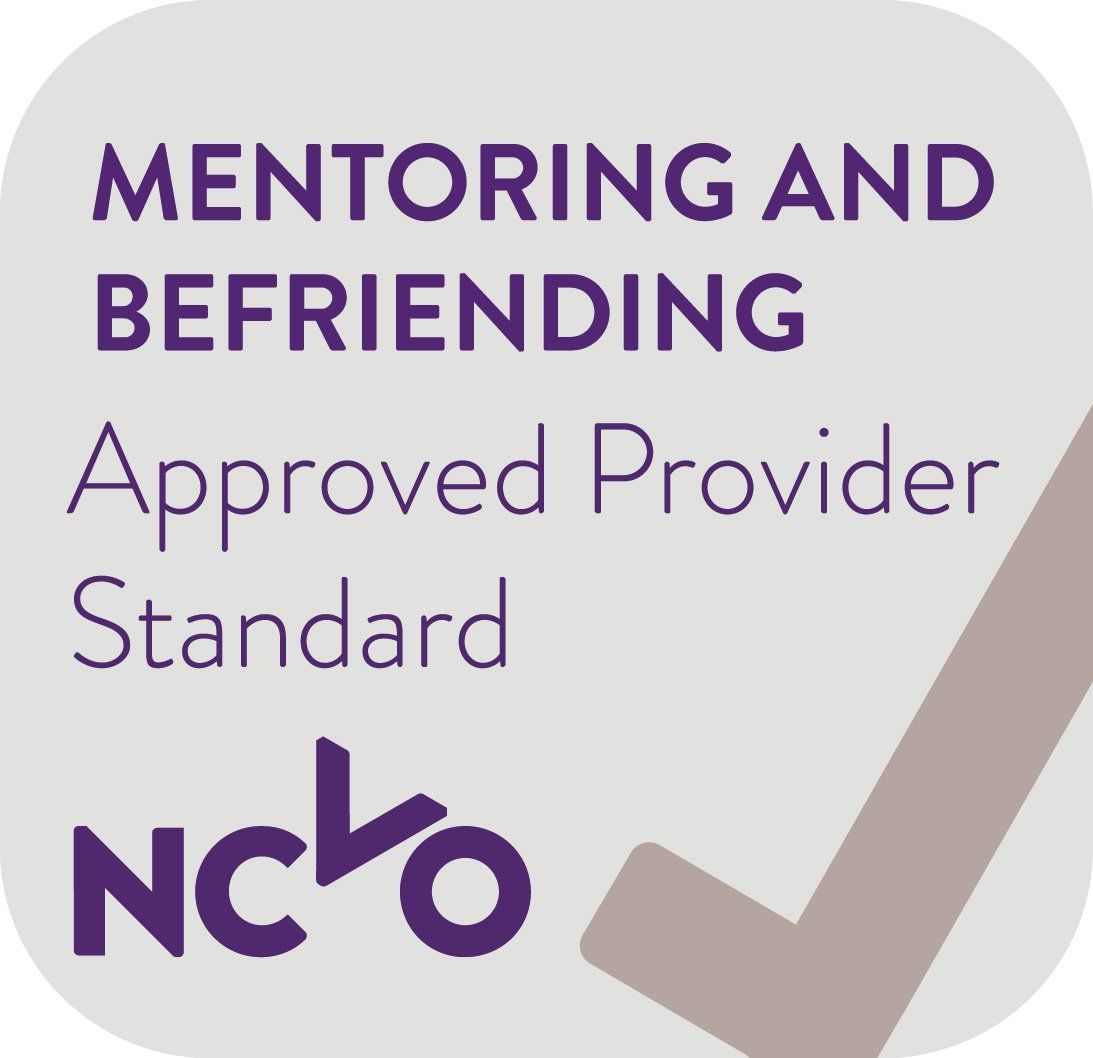How does economic insecurity affect children and young people?

Millions of families across the country are facing greater financial pressures than ever before. In recent years, the cost of essentials like food, fuel and energy has increased dramatically. In 2019, the average annual energy bill was £1289. Today, that figure stands at £2500, with the government price cap set to rise to £3000 in April 2023. Of equal concern is the increase in the cost of everyday groceries. The Office for National Statistics released figures in October that revealed that the price of milk has increased by a considerable 47.9% since last year, with the price of pasta and bread increasing by 34% and 14% respectively. As a result, many parents are being forced to decide between feeding their families and heating their homes. This article will examine the impacts of economic insecurity upon children and young people. It will also offer parents advice on how they can discuss these challenges with their children, and where to go to receive advice and support in these difficult times.
The impacts of economic insecurity on children and young people
The nation’s leading charities are working tirelessly to reveal the impacts of the cost of living crisis. Barnardos commissioned research in June 2022 to investigate its effects. They found that almost two thirds of parents surveyed had been forced to reduce spending on at least one essential, including heating, food, and clothing. Seventy per cent of parents reported that these cut backs had a negative impact on their children.
Research has also revealed the connection between mental wellbeing and economic insecurity. The Centre for Mental Health found that children from Britain’s lowest income families are four times more likely to face mental health difficulties than those from the highest incomes. These inequalities in outcomes are likely to worsen as the cost of living crisis escalates this winter.
The cost of living crisis has had a damaging impact on the hopes of young people from economically insecure households. In 2021, as many as 60 per cent of young people surveyed by The Co-operative felt that their prospects had been permanently damaged by the pandemic. Such fears have been deepened by the cost of living crisis, which has limited access to affordable housing, transport and energy.
How can parents discuss financial challenges with their children?
In times like these, it is important that parents understand how best to talk about the cost of living with their children, whilst also managing their own mental health.
Young Minds provides valuable guidance for parents. First and foremost, they advise that it is best to discuss children’s concerns with them, as ‘silence can create space for worries to grow’.
Young Minds recommends that:
- Parents should try to keep communication open, by letting their children know that they are willing to discuss their concerns
- They should acknowledge their children’s feelings
- Parents should talk through the specific issues that are affecting their children to reduce their concerns
- They should encourage their children to focus on the things that they can control, rather than external pressures
It should be acknowledged that nobody has all the answers at this time. However, parents remain a vital, reassuring presence in the face of this uncertainty.
What support is available to parents facing economic insecurity?
If you are a parent struggling with the cost of living, or have friends and family in need of advice, there are a number of charities and services that offer support.
Citizens Advice have dedicated online resources on the cost of living. They also offer a landline and webchat service for more tailored advice, including how to access government support schemes.
Turn2us assists those in financial difficulty to access welfare and charitable grants. Local advisers offer personal support and guidance through the current crisis.
How can I support children and young people facing economic hardship in York?
The Island does incredible work to support many of York’s most vulnerable children and young people. By volunteering as a mentor in a group or on a one to one basis, you will have a profound impact on their wellbeing, helping them to build the confidence to face the challenges within their lives. The Island is also home to a food bank that is accessible to our mentees and their families. As the cost of living crisis continues, The Island’s food bank has become an increasingly important part of the charity’s vital work.
To find out more about volunteering opportunities as a mentor or at our food bank, please click here. Alternatively, if you would like to donate to support The Island, please click here.


